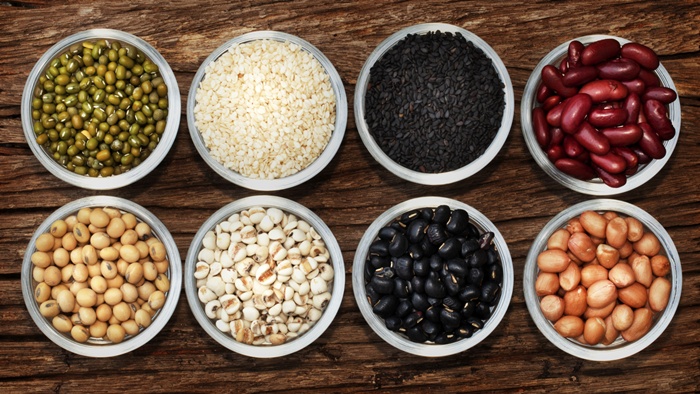
Did you know that there are foods and drinks that have been shown to reduce the risk of cancer in those who routinely consume them?
For example, I am sure most of you have read or heard that consuming less red meat and eating more fruits and vegetables comes with a lower risk of cancer.
Very true! Research has shown people who eat less red meat, including luncheon meats and take-out foods, in favor of more fruits and vegetables have a lower risk of developing colon and breast cancer. The relationship between diet and cancer has been well established.
The latest recommendations regarding the impact of diet on cancer risk have been presented by the Physicians Committee for Responsible Medicine, a nonprofit organization favoring plant-based diets and ethical research standards.
These recommendations follow the review of some specific research evidence. Although I consider these recommendations to be fairly sound, they do represent a bias reflective of this organization.
Here are some key examples of these recommendations that I’d like to pass along:
- Consume more vegetables and fruits, especially green leafy vegetables and deeply colored fruits. Foods like spinach, collards and blueberries come to mind. I would also add cruciferous vegetables like Brussels sprouts, broccoli, sweet potato and tropical fruits like papaya, mangoes and avocadoes. Try new ones and include a variety.
- Eat more soy products like soy beans, tofu and tempeh. These foods, along with more fruits and vegetables, contain fiber, antioxidants and phytochemicals like genistein which can decrease cancer risk.
- Limit the consumption of alcohol from all sources. Excessive drinking is never a good thing and can increase your risk of heart disease and cancer. If you are a non-smoker, it is considered safe to have one to two drinks per day for men and one drink per day for women. Of course, I recommend red wine as the drink of choice because of its heart-healthy properties and culinary credits.
- Avoid the consumption of red meats and processed meats, because they can raise the risk of colorectal cancer. The increased intake of saturated fat from these foods, along with take-out or fried foods, poses an increased risk of cancer of the lower digestive tract. This fat is bad for inflammation and intestinal bacterial flora, which can lead to the growth of cancerous polyps.
- Avoid grilled meats, fried foods and broiled foods—these can increase your risk of cancers of the colon and breast. The thinking here is that this process produces a chemical called heterocyclic amines, when protein foods are heated to very high temperatures. Although I do not advocate the consumption of charred foods, it is more likely that the consumption of altered fats and trans fat from the frying process is a much greater concern than what happens on the barbecue. However, grilling and broiling easily can be accomplished by using a lower temperature and carefully watching over the food you cook.
So take note. These simple nutritional steps can significantly reduce your risk of cancer, and keep you eating better and smarter.
Sources:
Wanjek, C., “Cancer-Fighting Diet: 6 Tips to Reduce Your Risk,” LiveScience website, June 30, 2014; http://www.livescience.
“Researchers Unveil Six Dietary Guidelines for Cancer Prevention,” Physicians Committee for Responsible Medicine website, June 9, 2014; http://www.pcrm.org/media/













